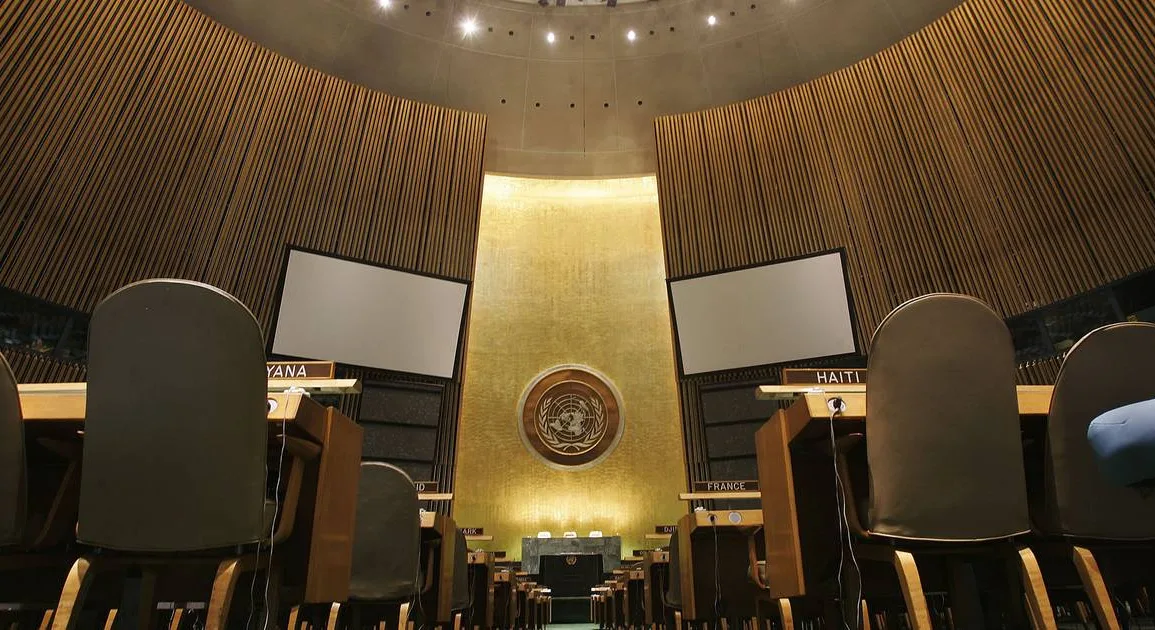Among Hill Harper’s list of heroes are Harry Belafonte, Sidney Poitier, Paul Robeson, and Ossie Davis. Each of them Black men who spoke truth to power, but none of them ever did what he’s attempting.
In July, Harper, 57, announced that he was running for U.S. Senate in Michigan—an attempt at becoming the first African American to represent the state in the Chamber. Despite being an Iowa native and a relative newcomer, he was attracted by what felt like “a mixture of people with grit and a creative deep soul.”
“And then a kindness,” he said, “like an old grandmama type of kindness, like ‘come here, baby, have a lemonade kindness’ that is unmatched of any place I’ve been.”
He got acquainted with Michigan through his Harvard Law School roommate and other locals he met while he was there. But much later, while shooting films there, he met others who encouraged him to stay. He eventually decided that when he became a father, he’d settle there, moving to the state in 2016 and settling in Detroit.
“I made the mental note that when I have kids, I’m gonna move to Michigan; I’m gonna raise my kids there because I’d like them to turn out more like the people here than the people in Hollywood,” he said.
But Michigan is not exactly a political cakewalk. It is a state that not only has been a crucial electoral battleground— it helped determine both the 2016 and 2020 presidential elections—but has a long, influential political history and typically reflects the U.S. voter.
Harper is entering a highly competitive field of candidates with more political experience or longer histories in Michigan. They are seeking to replace Sen. Debbie Stabenow, who said she would be retiring last year. No fewer than six Democrats are running in the primary in August 2024. The winner there will go on to meet one of four campaigning Republican opponents in the November election.
The Harvard Kennedy School of Government and Harvard Law graduate explained that he gravitated towards politics because he was inspired by his heroes, including Davis, his co-star in Spike Lee’s “Get On The Bus.” However, there were several others.
“These people said that you know, if you’re an actor and an activist, you want to see positive political change happen,” said Davis. “I think we all will agree that ever since 2016, we’ve seen the reverse of that. In fact, we’ve seen it even worse; we’ve seen systemic overt and covert racism used to divide people.”
He continued. “We’ve seen the use of the idea of demonizing poverty…weaponizing the idea that people who deserve public education, people who deserve health care are somehow wrong, and I couldn’t sit on the sidelines anymore and watch this happen.”
Harper is well known for his roles on ABC’s “The Good Doctor” as Dr. Marcus Andrews and on the CBS show “CSI: N.Y.” as crime detective Sheldon Hawkes and several bestsellers including Letters To A Young Brother. He also founded the Manifest Your Destiny Foundation, which targets youth, and once he made the move to Detroit, he opened a coffee shop called The Roasting Plant in its downtown area.
He’s also known for his friendship with former president Barack Obama, whom he met at Harvard Law. Although he advocated for the 44th president during his campaign, Harper is not necessarily looking to be bolstered by him in his Senate bid.
“President Obama is one of the classiest, smartest people I’ve ever met,” Harper said. “And he has made it very clear that the right thing to do is to stay out of it and let the candidates present. I hope other folks in the Democratic Party take his lead.”
The Logical Next Move
In the video announcing his run on his campaign website, Harper speaks to his son, Pierce, about why he wants to be Michigan’s next U.S. Senator and centers the message on him, and why he feels the urgency of the moment. But entering politics was not a stair step, Harper said. For him, it was an extension of a desire to have a positive community effect.
“I felt that I was doing that as an actor and the characters and the roles and the projects I did,” said Harper. “I felt that I was doing that when I wrote all my motivational books…every day someone will D.M. saying Letters To A Young Brother changed my life or Letters To A Young Sister changed my life. Plus, with my foundation and the work I’ve done as an activist in Flint and other places, I felt that I was doing that. And then as a small business owner and entrepreneur,” he said.
“All of that I felt was having a positive impact. But I didn’t feel like it was scaling the way I wanted it to, particularly regarding what we’re seeing happening politically,” he continued.”
With all this said, Michigan politics is just as tenuous as other states like Illinois, Louisiana, Florida, and Georgia – all known for their political hierarchies and for being difficult for newcomers.
Adolph Mongo, a veteran political commentator based in Detroit, said that the political deck is stacked in favor of Rep. Elissa Slotkin, the current frontrunner among Democrats. However, as a newcomer, Harper may be able to garner attention from the grassroots.
“He needs to go into the neighborhoods; he has to think outside the box,” said Mongo, who has monitored and been a critic of the political landscape in the region for decades. “Debbie Stabenow was losing it, and the Black women in Detroit pushed her over the hump. He continued, “So, he cannot run a conventional campaign; he has to run a guerilla-style campaign and bring folks together. He’ll have an uphill battle, but he’s smart. I wouldn’t dismiss him just yet.”
Harper said he realizes he’d be setting a precedent as the first Black U.S. Senator serving Michigan if elected. But to him, that is part of a bigger picture.
“Representation matters,” said Harper, noting that he’d be one of few parents of young children, few small business people, and the only union member. “I think [Congresswoman[ Shirley Chisolm said it best: ‘If you don’t have a seat at the table, then you’re on the menu.’ But is it just about race? No, it goes much deeper than that for me.
“So yes, I would be bringing something very new and different to the table based on my mix of history and experience and who I am, which needs to be represented in those voices.”



